Letting go of the past is never easy. It's a process that requires patience, understanding, and—most importantly—kindness. We all grow and evolve over time, but sometimes, we hold on to outdated versions of ourselves. We get stuck in who we used to be and struggle to move forward. But the truth is, in order to grow emotionally and personally, we need to part ways with those past versions of ourselves.
The journey of personal growth and emotional healing is intricately linked. As we evolve, we uncover new facets of our identity and purpose. However, letting go of who we once were can feel daunting. It requires us to release not only past identities but also the emotional baggage that comes with them. The key to this transformation lies in kindness—to ourselves. By embracing change with compassion, we can pave the way for emotional healing and embrace the next chapter of our lives with grace.
Why It’s Time to Let Go of Past Versions
There comes a moment in everyone’s life when they realize they’ve outgrown certain habits, beliefs, and even identities. You may feel it in your gut—a quiet knowing that the person you were a year ago (or even yesterday) no longer aligns with who you are today. Holding on to past versions of yourself can feel comfortable, even safe, but it often keeps you from growing in the ways you need to.
When we resist change, we resist our own personal growth. Holding onto outdated versions of ourselves can manifest as feelings of stagnation or dissatisfaction. But here's the catch: It’s not about forgetting where we came from. It’s about recognizing when those past identities no longer serve us, and making space for the new, more aligned version of ourselves.
Letting go is an act of freedom. It clears the emotional clutter, opening up room for new experiences and personal growth.
The Role of Kindness in Personal Growth
A lot of personal growth advice leans heavily on discipline and hard work. While these are important, kindness is often overlooked. Yet, kindness is the very foundation upon which sustainable growth is built.

When we approach change with kindness, we treat ourselves with patience and understanding. This shifts the narrative from one of self-criticism to one of self-compassion. Instead of berating ourselves for past mistakes or failures, we give ourselves the grace to learn and evolve.
Imagine nurturing a plant. You don’t yell at it for not growing fast enough or blame it for not blooming where you want it to. You water it, give it sunlight, and trust that it will grow at its own pace. Our personal growth is much the same. When we treat ourselves with the same kindness, we create an environment where healing and growth are not only possible but inevitable.
Embracing Change Without Regret
Letting go of old versions of ourselves doesn’t mean erasing them. It means recognizing that the person we once were served a purpose in our journey. But holding on to that old self can create a sense of regret—a feeling that by evolving, we are somehow dishonoring our past.
However, change is not a betrayal. It's an opportunity. It’s an affirmation of the fact that we are learning, adapting, and becoming better versions of ourselves. If we want to grow emotionally, we must learn to embrace the changes without regret or fear. Every version of ourselves, no matter how messy or imperfect, has contributed to who we are now.
Remember: Change is a gift. And it is through change that we begin to heal emotionally and spiritually.
Emotional Healing Through Self-Acceptance
One of the most transformative aspects of letting go is learning how to accept ourselves—past, present, and future. We tend to be our harshest critics. We feel guilt over past mistakes, shame for things we wish we’d done differently, and regret for opportunities we missed. But emotional healing begins when we accept ourselves as we are, without judgment or criticism.
Self-acceptance allows us to release the heavy emotional burden of guilt and shame. It empowers us to move forward, not as perfect beings, but as human beings with flaws, hopes, and dreams. It’s about recognizing that we are worthy of love and respect, regardless of our past.
Acceptance doesn’t mean we stop striving for improvement; it means we stop punishing ourselves for not being who we think we should be. By practicing self-acceptance, we free ourselves from the past’s emotional grip, allowing space for healing and growth to take root.

Practical Steps to Release Your Past Self
Releasing your past self is a process, not a one-time event. It requires intention, reflection, and active steps toward emotional healing. Here are a few practical ways to begin this process:
- Journaling: Writing down your thoughts can help you gain clarity. Reflect on the person you once were and the lessons you've learned. Allow yourself to release any negative emotions associated with your past.
- Forgiveness: Let go of any lingering resentment you may hold toward your past self. This doesn’t mean excusing past actions but rather freeing yourself from the emotional weight they carry.
- Rituals of Release: Whether it’s through meditation, lighting a candle, or creating a vision board, establish a personal ritual that signifies your intention to move forward. These symbolic acts can help you physically and emotionally release the past.
- Surround Yourself with Support: Find a supportive community or therapist who can help guide you through this process. Sometimes, we need others to help us see the way forward.
How to Rebuild Your Identity After Letting Go
Once you’ve let go of your past self, there’s an exciting opportunity to rebuild. This is where your personal growth truly begins. Rebuilding your identity doesn’t mean creating a completely new person, but rather aligning yourself with the person you are becoming.
Start by recognizing the values that are important to you now. What matters to you today may differ from what mattered a few years ago. Take time to evaluate your goals, dreams, and passions. Consider how they align with the person you are now, not who you were.
Building your identity means making choices that reflect your growth. It’s about establishing new habits, cultivating positive relationships, and embracing opportunities that align with your evolving self.
The Ongoing Journey of Personal Growth
Personal growth isn’t a destination; it’s a journey. There will always be new layers to uncover, new versions of yourself to embrace. The key is to stay patient with the process and kind to yourself along the way.
As you continue to grow, remember that every step, no matter how small, is progress. Celebrate your milestones—both big and small—and acknowledge the strength it takes to keep moving forward. Growth is not linear, but every effort you make to evolve, heal, and accept yourself adds to the beautiful tapestry of your life.
Conclusion
The act of parting ways with past versions of yourself is not about forgetting who you were—it’s about honoring your journey while giving yourself permission to evolve. Personal growth and emotional healing go hand in hand, and they are both fueled by kindness. By letting go of who you were and embracing who you are becoming, you unlock the door to a richer, more fulfilling life.
So, take that first step with compassion and grace. Trust that you are on the right path, and that every version of you, past and present, is part of the beautiful story of your life. Keep evolving, keep healing, and above all, be kind to yourself along the way.

Frequently Asked Questions
1. How do I let go of my past self without feeling guilty?
Letting go of your past self can be difficult, especially if you feel guilt over things you’ve done or decisions you’ve made. The key is to approach this process with kindness and self-compassion. Recognize that you are not the same person you were in the past, and your growth is a natural part of life. Practice forgiveness—not just toward others, but also toward yourself. Remember, emotional healing begins when you stop punishing yourself for past mistakes and allow yourself to embrace the person you are today.
2. What is the role of kindness in personal growth?
Kindness plays a crucial role in personal growth because it shifts your focus from criticism to self-compassion. Instead of being harsh on yourself for past actions or missed opportunities, you treat yourself with understanding. This helps create a supportive mental space where emotional healing can occur. When you approach personal growth with kindness, you allow yourself to learn, grow, and evolve without the fear of judgment or failure.
3. How do I know when it’s time to release old versions of myself?
You may feel it’s time to release past versions of yourself when you sense that you’ve outgrown certain habits, beliefs, or aspects of your identity. If you feel stagnant, unfulfilled, or emotionally weighed down by your past, it could be a sign that it’s time to let go. Personal growth is about evolution, and sometimes that means shedding old layers to make way for the new. Listen to your inner voice and trust that your evolving self is ready for new opportunities.
4. How can I practice self-acceptance during my personal growth journey?
Self-acceptance is a vital part of emotional healing and personal growth. It involves recognizing that you are worthy of love and respect, regardless of past mistakes or challenges. Begin by acknowledging your imperfections and viewing them as opportunities for learning. Be gentle with yourself when things don’t go as planned, and celebrate small wins along the way. By practicing self-acceptance, you release guilt and allow yourself the freedom to grow without the burden of shame or regret.
5. What practical steps can I take to part ways with past versions of myself?
Releasing past versions of yourself involves several actionable steps. Start by journaling your thoughts and feelings about the person you were and the lessons you’ve learned. Create rituals of release—this can be a meditation session, writing a letter to your past self, or even creating a vision board for your future. Practice forgiveness, both for yourself and others, and surround yourself with supportive people who encourage your growth. By taking these steps with intention and kindness, you will begin to emotionally heal and embrace the person you are becoming.


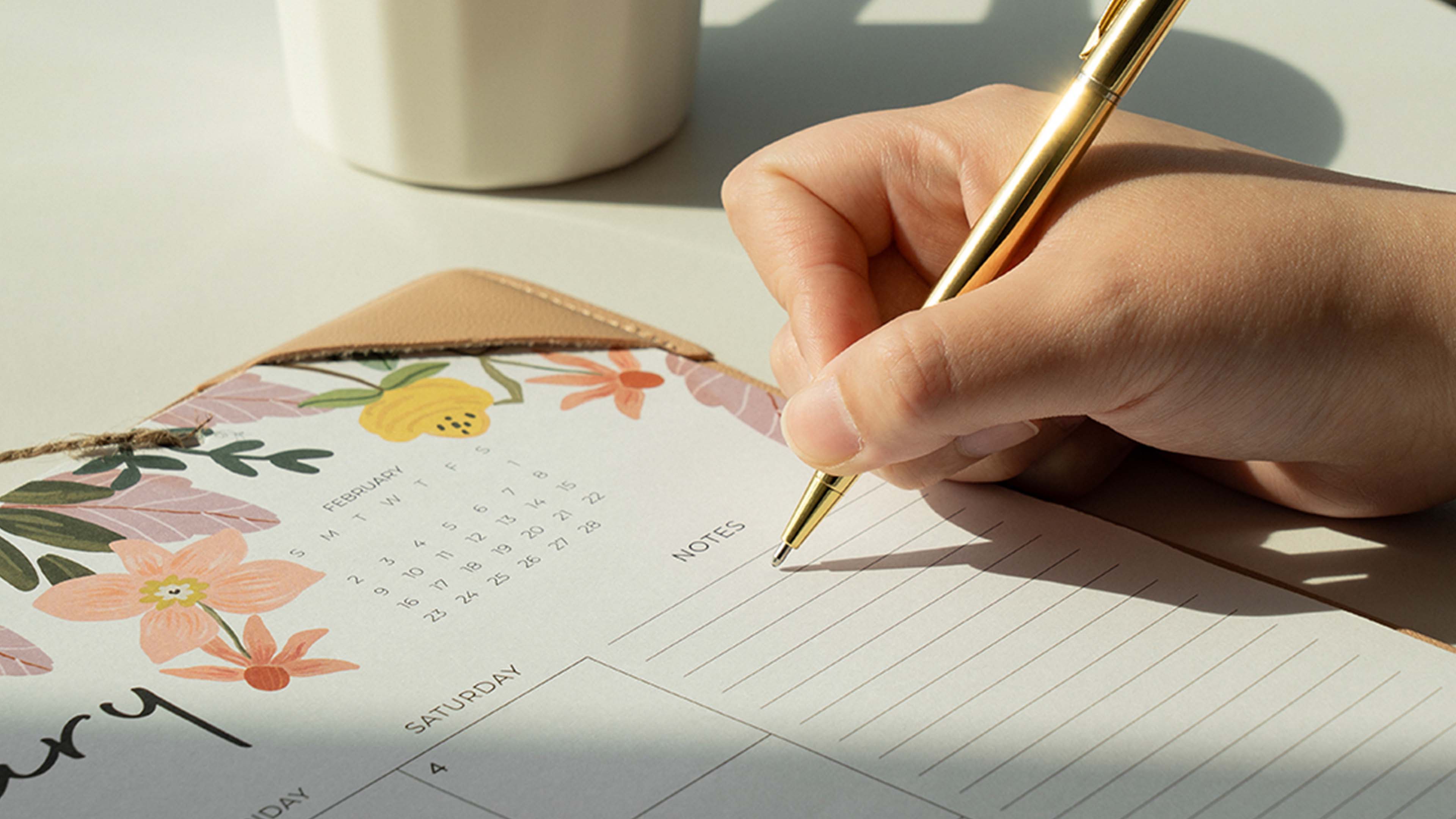
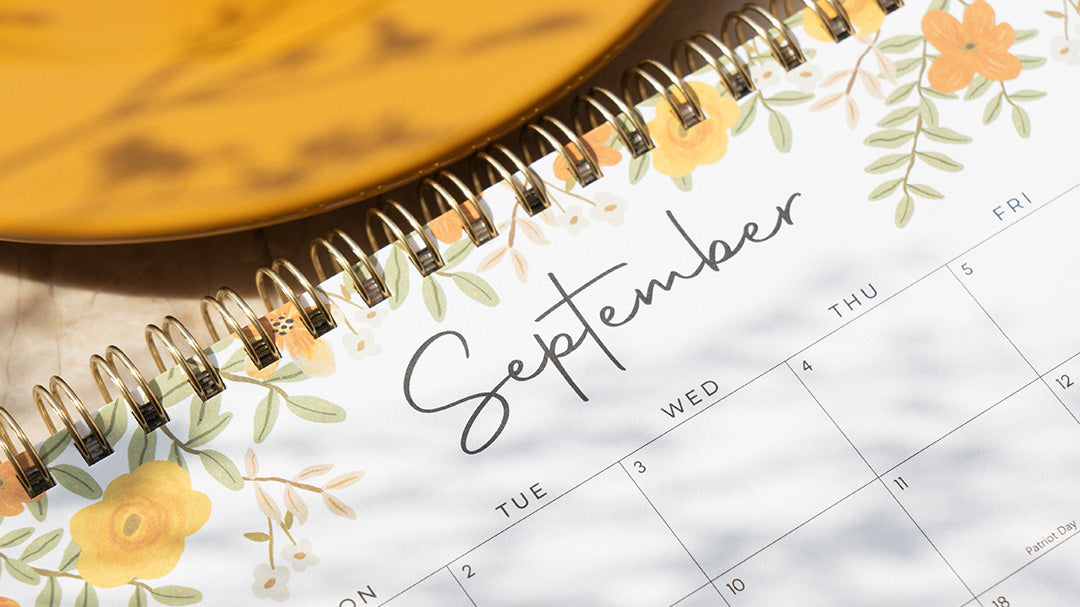
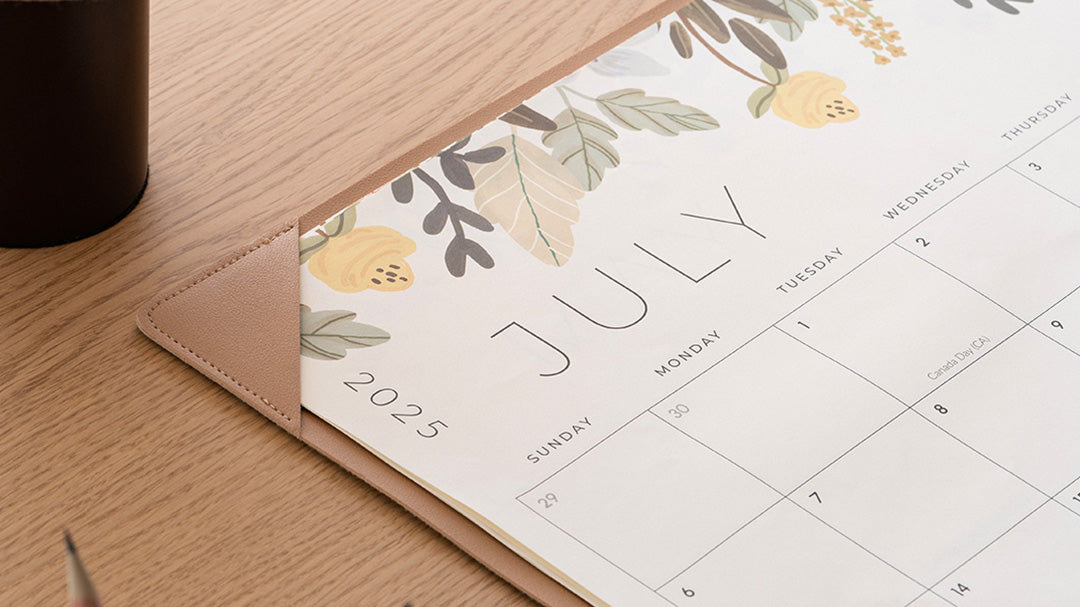
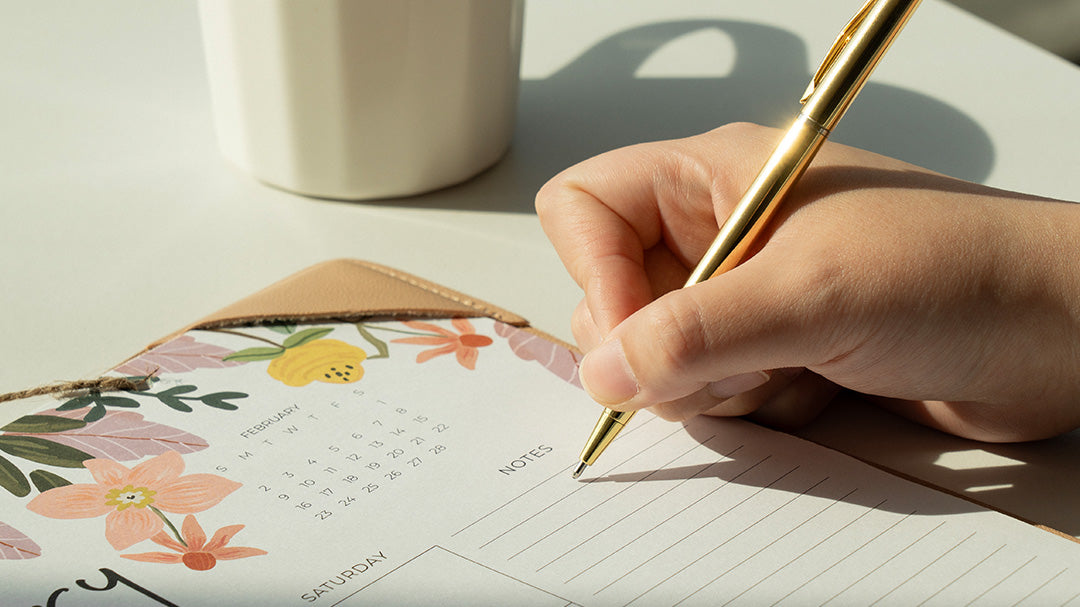
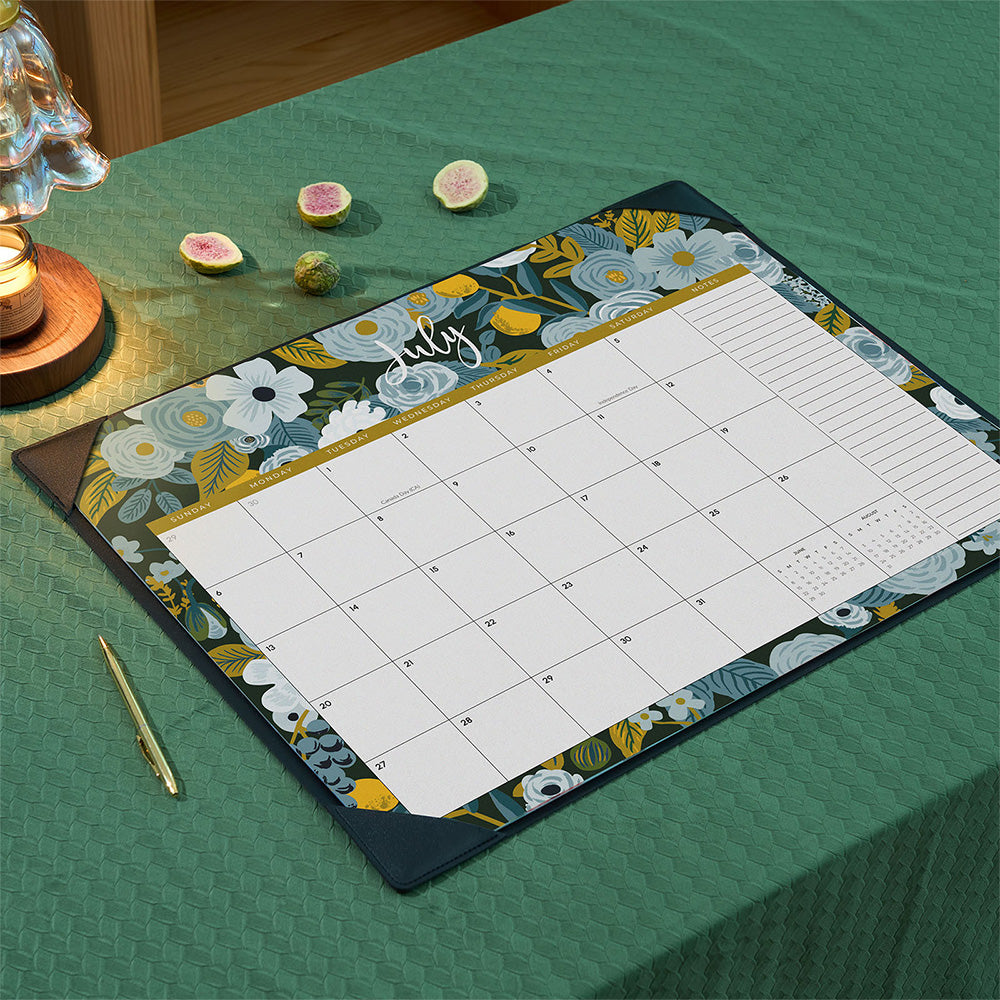


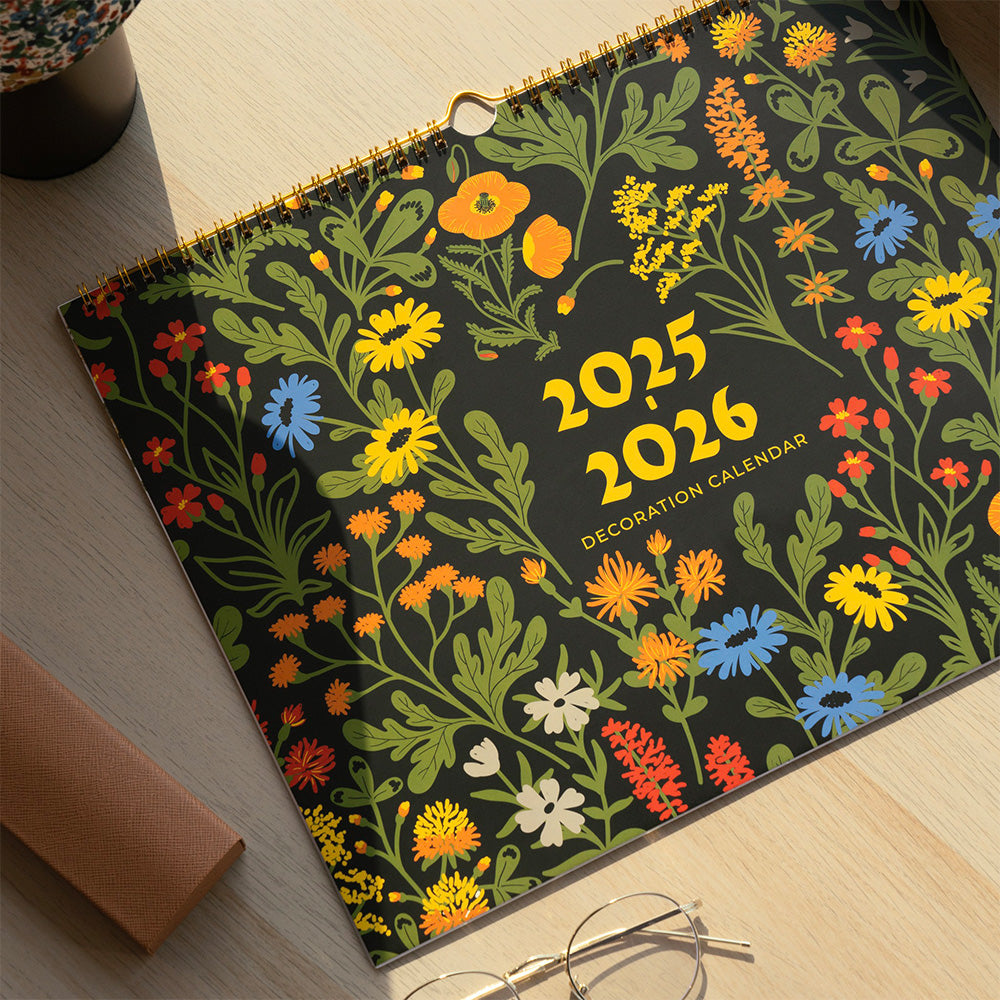
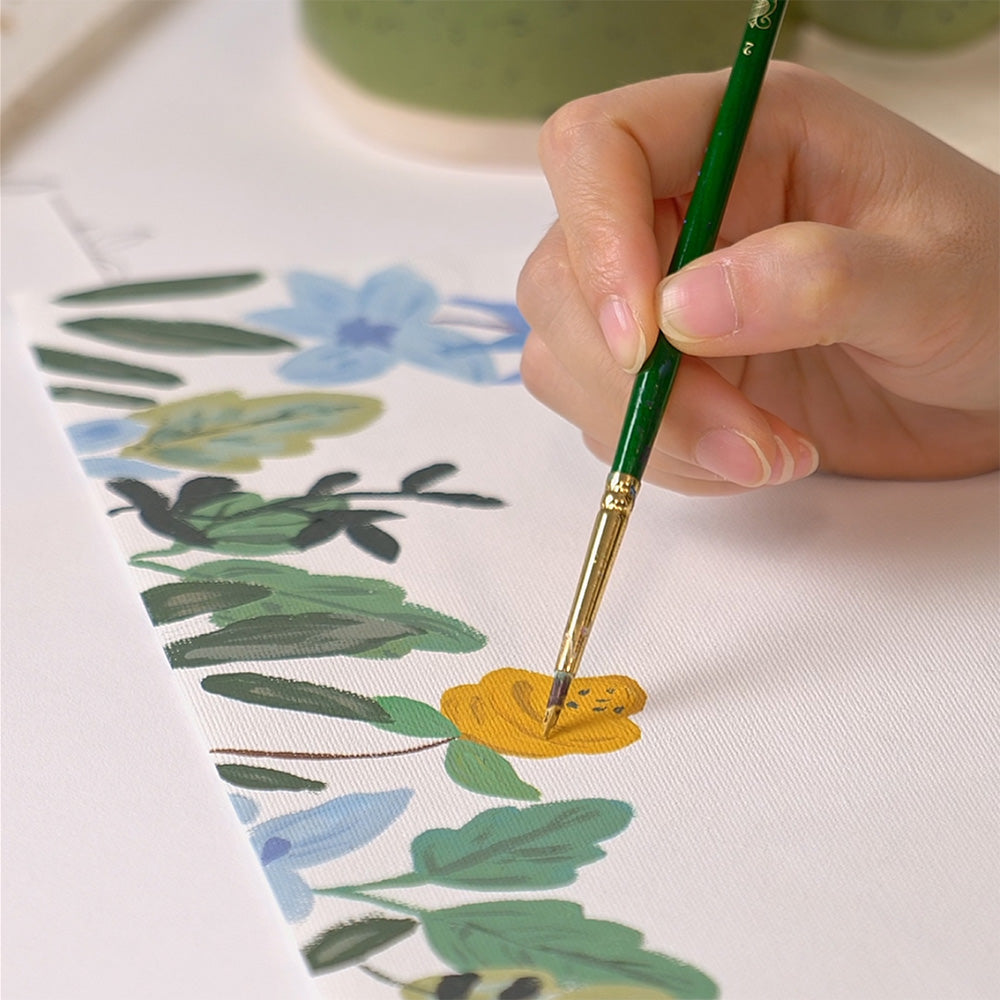

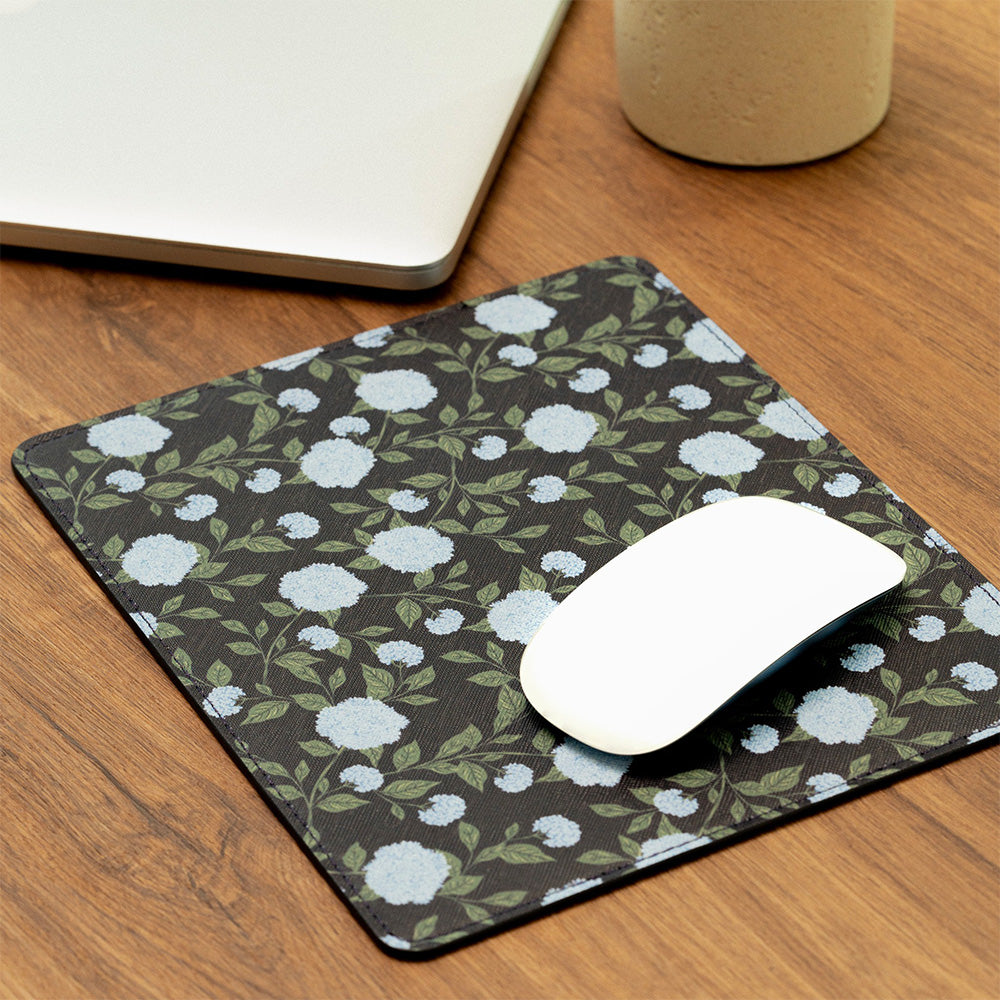
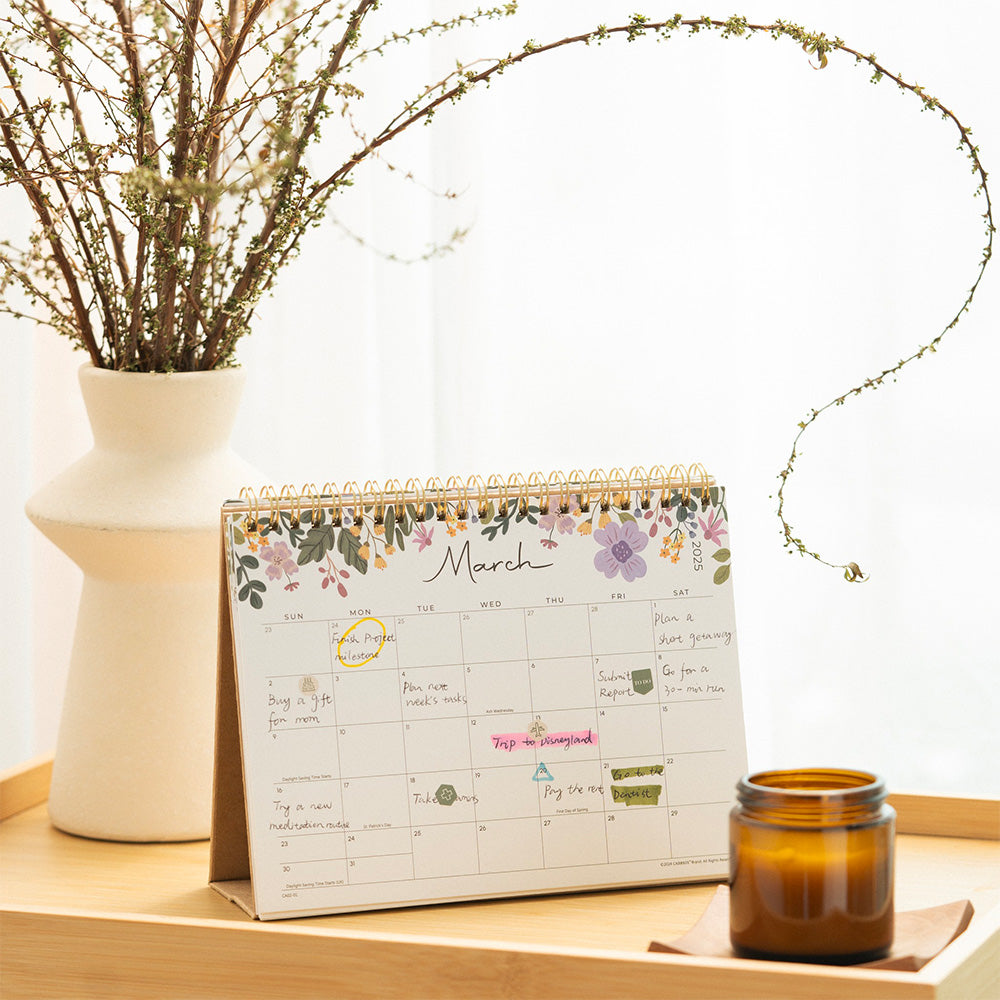



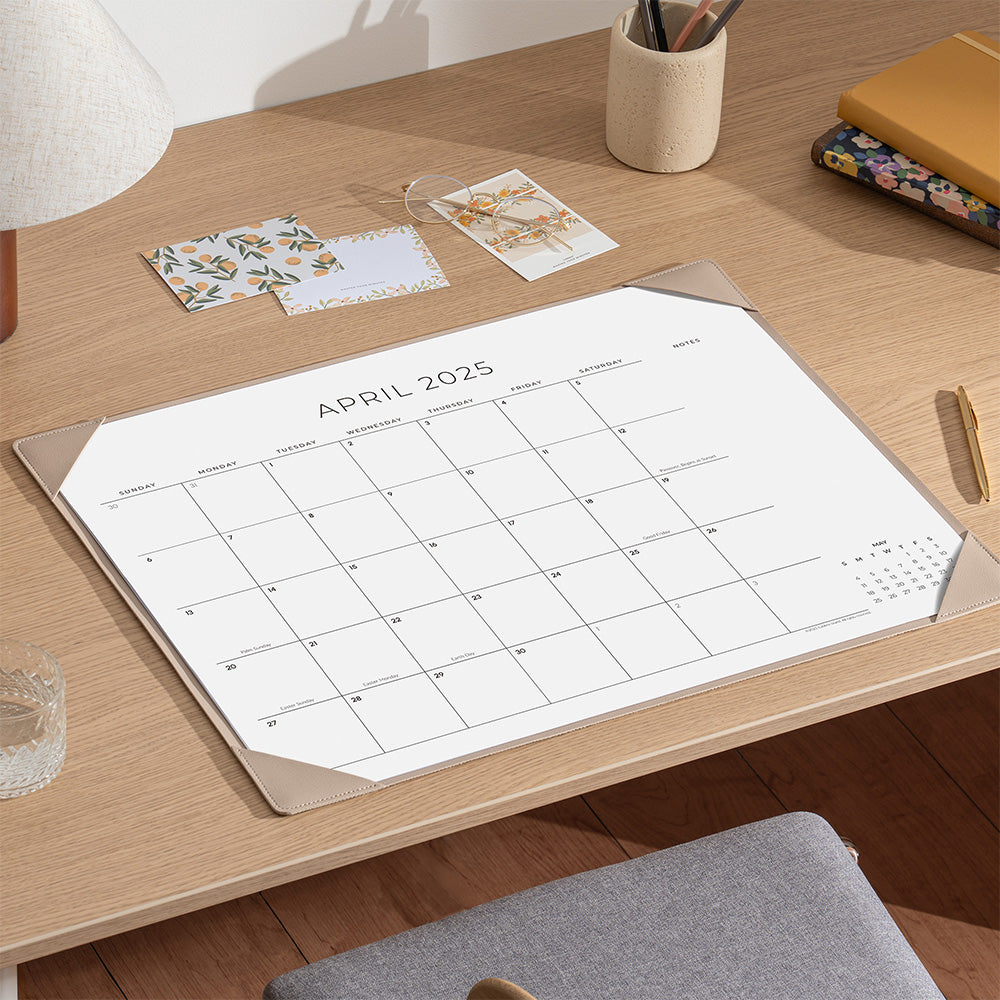

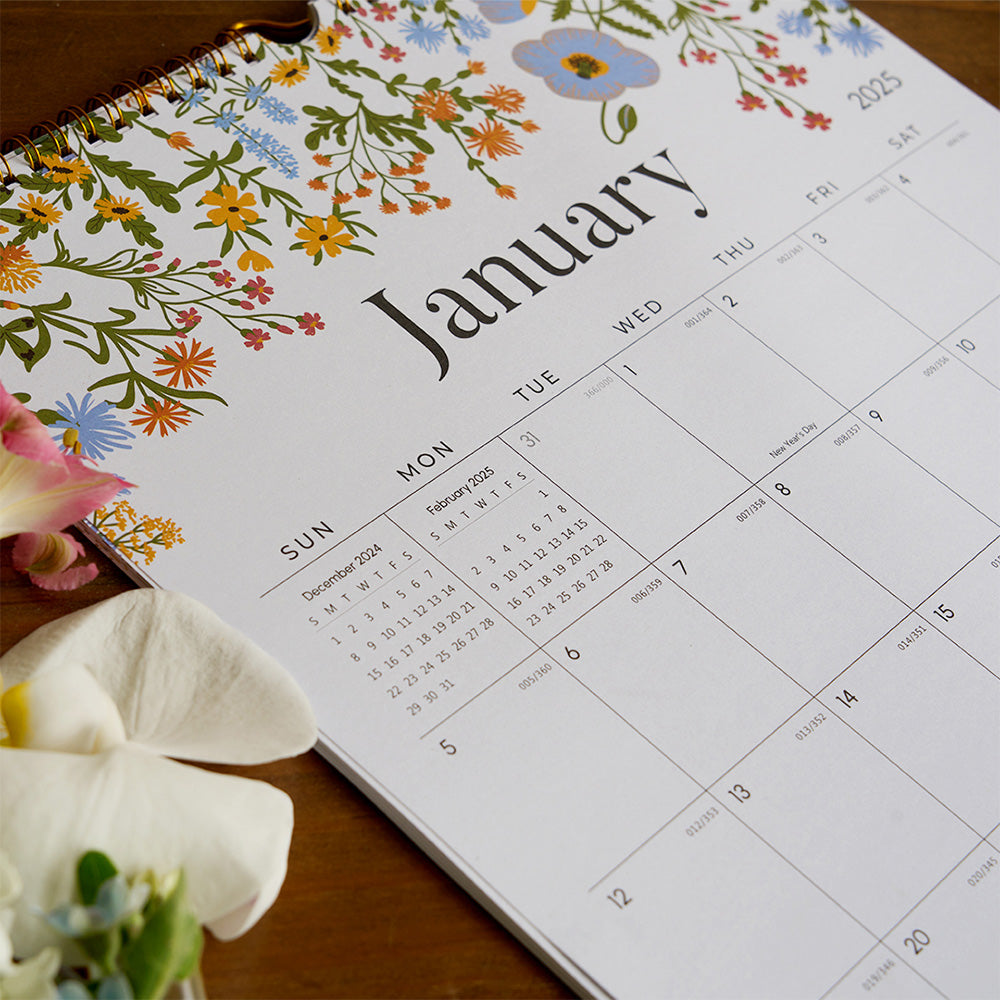
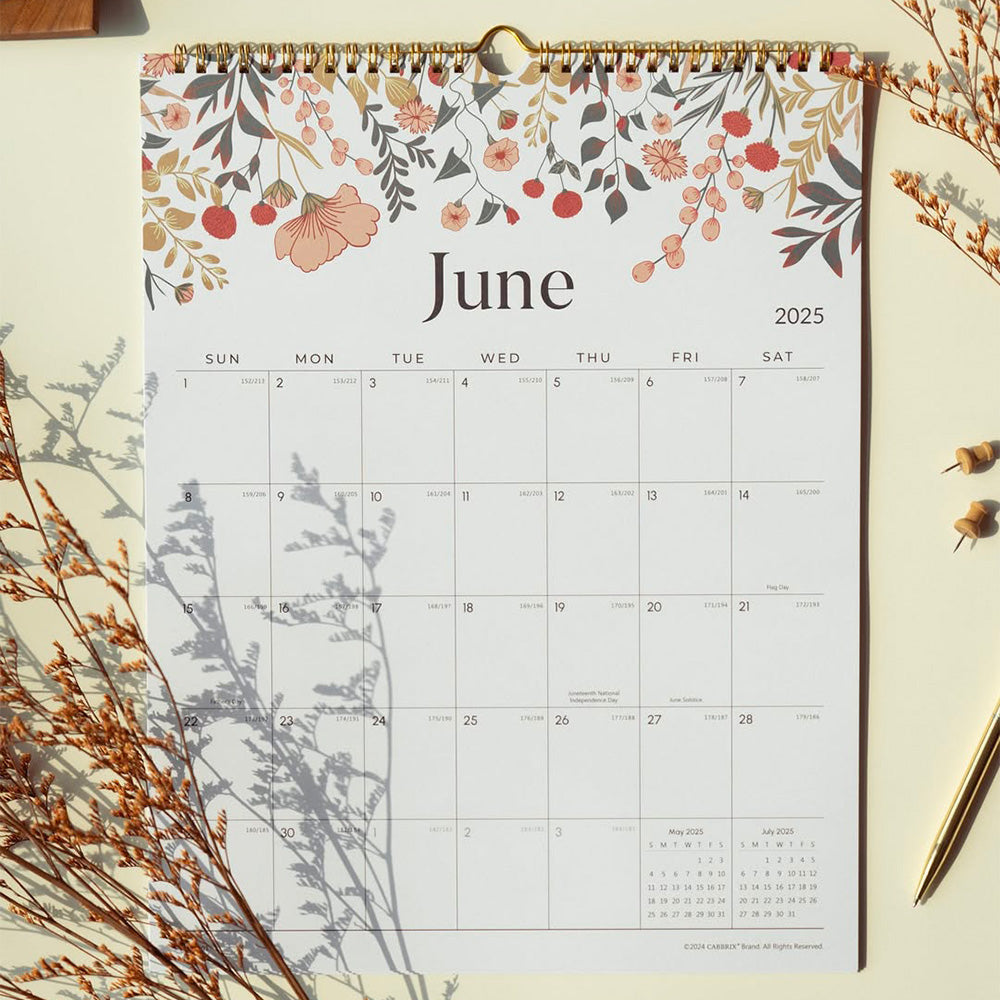
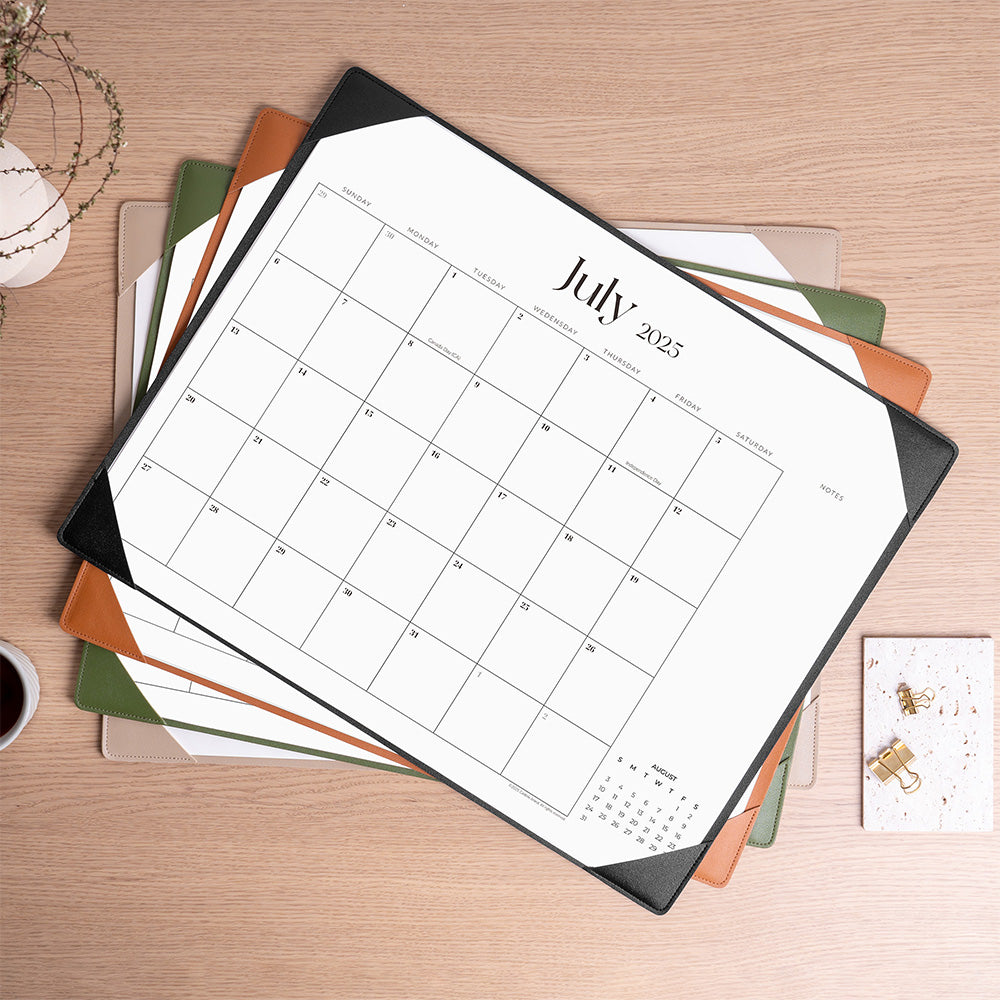
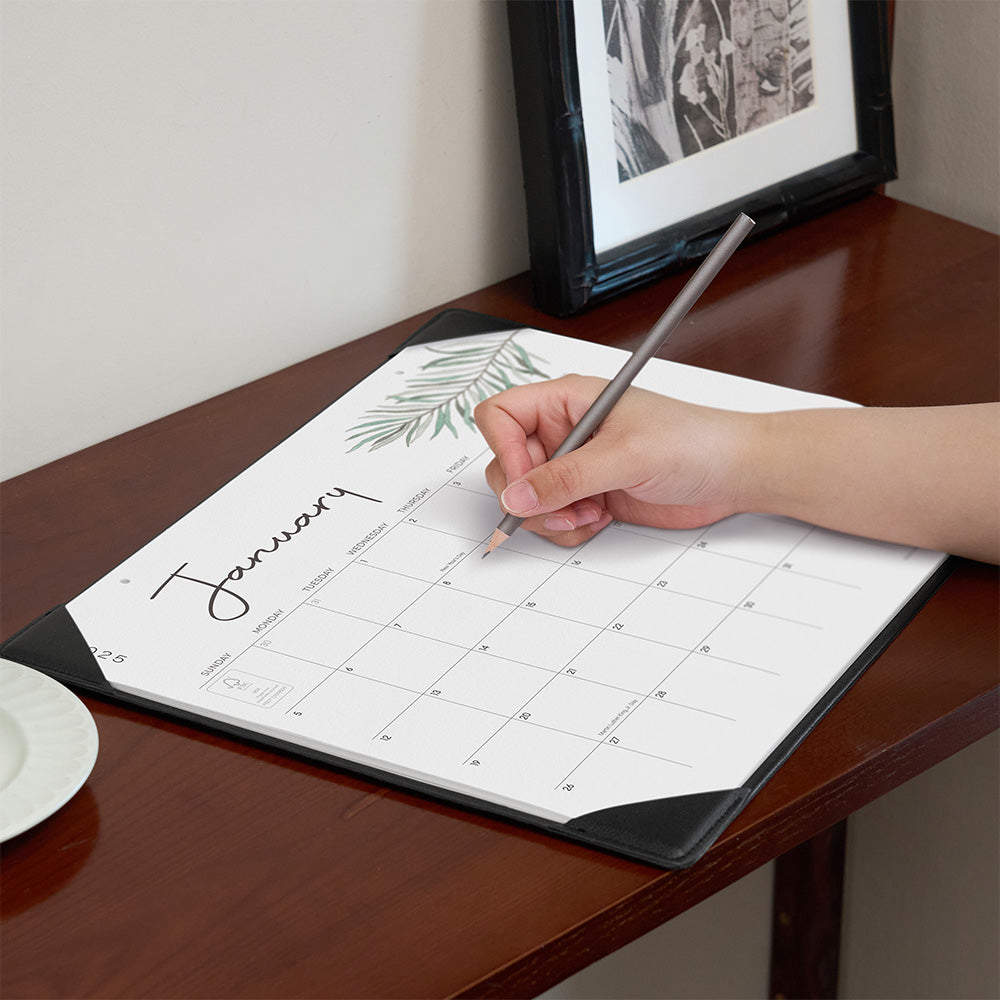


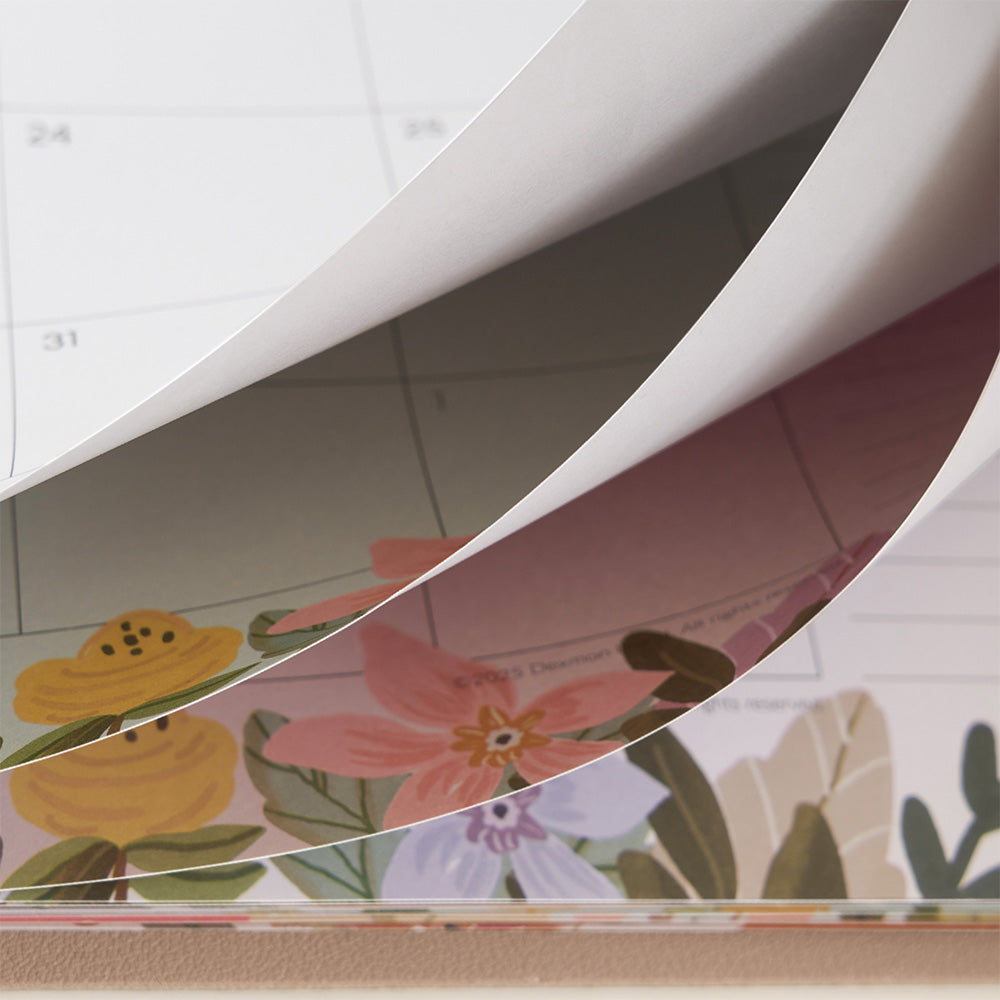
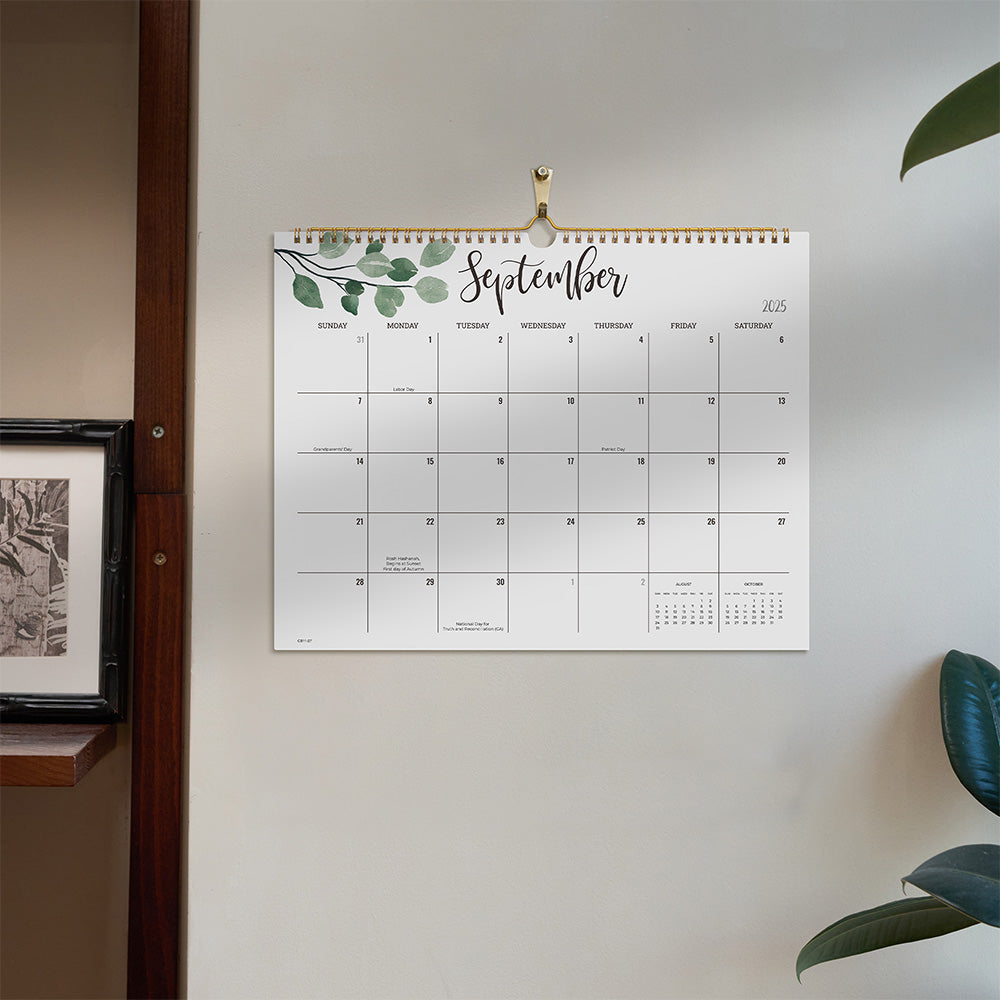
Leave a comment
This site is protected by hCaptcha and the hCaptcha Privacy Policy and Terms of Service apply.